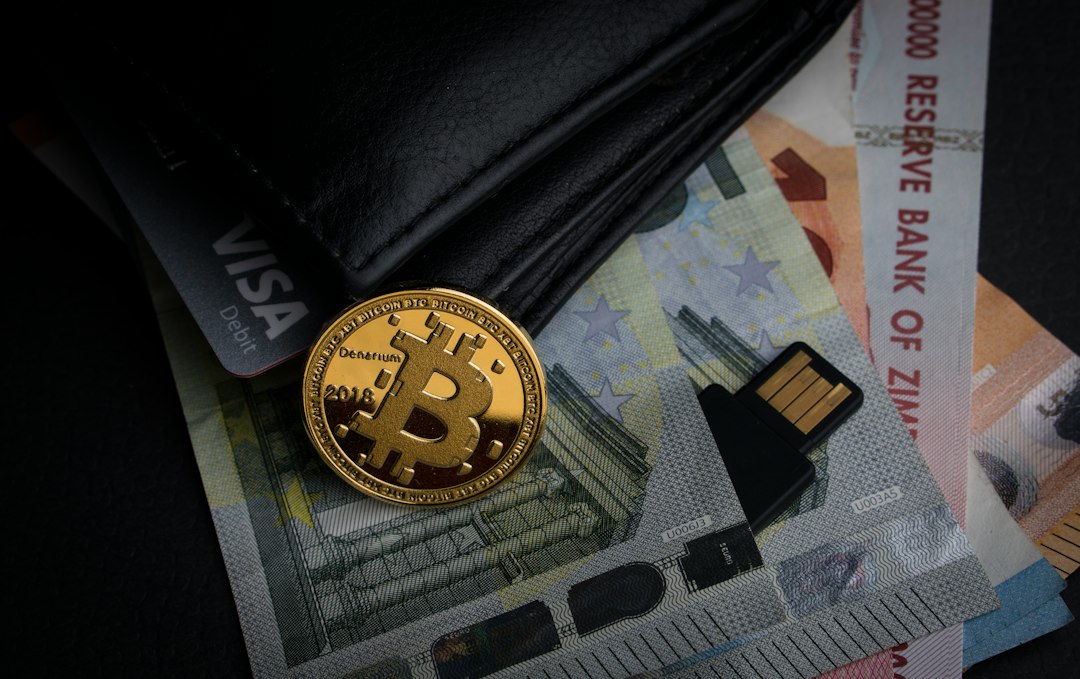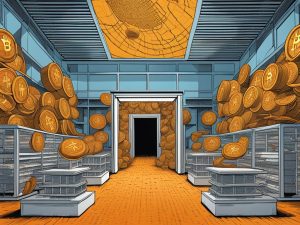Jerome Powell Addresses Inflation and Labor Market Concerns
In a recent talk at the Economic Club of New York, Federal Reserve Chair Jerome Powell discussed important economic issues facing the United States. He covered topics such as the strength of the labor market, ongoing inflation, and future plans of the Federal Reserve. This discussion held significance in light of the upcoming Federal Open Market Committee meeting scheduled for October 31-November 1.
Inflation: The Balancing Act
One key concern addressed by Powell was inflation in the US, which remains above the Federal Reserve’s target of 2%. Achieving this target may require below-trend growth and adjustments in labor conditions. Powell also noted that the effects of previous interest rate hikes may not have fully impacted the economy yet.
Labor Markets and Economic Strength: A Mixed Bag
Powell acknowledged the strength of the US economy, particularly the tight labor market. Despite interest rate increases, the unemployment rate has remained stable at 3.8%, defying expectations. However, Powell also mentioned that there are signs of the labor market cooling down.
Financial Conditions: Market Reactions and Future Moves
Powell highlighted recent market developments, including a spike in bond yields that has tightened financial conditions. He mentioned that sustained increases in market-based interest rates could have a similar effect as Fed rate hikes. Additionally, he emphasized that the Federal Reserve is proceeding cautiously when considering any additional rate hikes.
Hot Take: The Federal Reserve’s Cautious Approach
Jerome Powell’s speech provided insights into the state of the US economy and revealed the Federal Reserve’s cautious stance on policy changes. The upcoming Federal Open Market Committee meeting is expected to keep the benchmark policy rate within its current range. Powell’s remarks prompted volatility in the stock market and shifts in Treasury yields. Overall, the speech highlighted the need to balance economic strength with concerns about inflation.





 By
By
 By
By

 By
By

 By
By